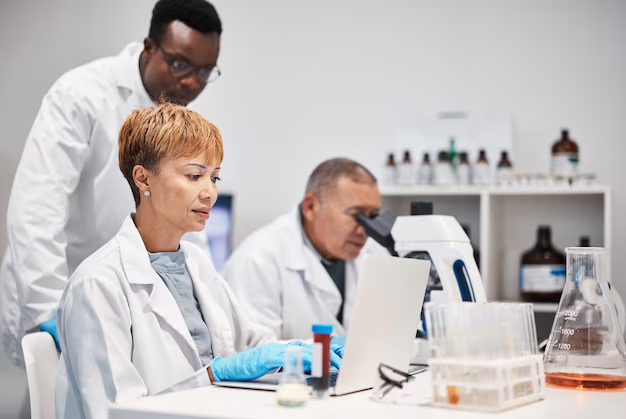How to Become a Clinical Lab Technician: Essential Degrees and Certifications
Embarking on a career as a Clinical Lab Technician offers an exciting opportunity to be at the forefront of medical diagnostics, playing a crucial role in patient care by providing accurate test results. To enter this field, aspiring technicians typically need at least an associate degree in clinical laboratory science or a related field from an accredited institution. This foundational education provides vital knowledge in areas of biology, chemistry, and lab procedures. Some opt for more advanced training, such as a bachelor's degree, which can open doors to more specialized roles or opportunities for advancement. Completing a postsecondary program approved by the National Accrediting Agency for Clinical Laboratory Sciences (NAACLS) is widely recommended as it ensures a rigorous and standardized education.
Certifications further bolster a technician’s credentials and can be pivotal in securing top positions. Many employers prefer candidates who are certified by recognized organizations such as the American Society for Clinical Pathology (ASCP) or the American Medical Technologists (AMT). These certifications, while often voluntary, indicate a high level of expertise and commitment to the field. Some states may also require specific licenses, underscoring the importance of checking local regulations. Aspiring clinical lab technicians should leverage these educational and certification opportunities to not only meet employer expectations but also enhance their professional development and career prospects.
Degrees, Certifications, and Licenses Pathway:
- 🎓 Associate Degree in Clinical Laboratory Science
- 🎓 Bachelor’s Degree in Medical Laboratory Technology
- 📜 Certification from American Society for Clinical Pathology (ASCP)
- 📜 Certification from American Medical Technologists (AMT)
- 🏆 State Licensure (where required)
- ⭐ NAACLS Accredited Program Completion

Related Topics
- Becoming Dental Hygienist
- Becoming A Phlebotomist
- Dental Hygienist Duration
- Dialysis Tech Timeline
- Dialysis Technician Timeline
- Flight Paramedic Duration
- Hygienist Timeline
- Become Lab Tech
- Mammography Tech Timeline
- MRI Technologist Duration
- Nurse Technician Timeline
- Pathologist Assistant Timeline
- Pediatric Sonographer Timeline
- Pharm Tech Timeline
- Pharmacy Technician Timeline